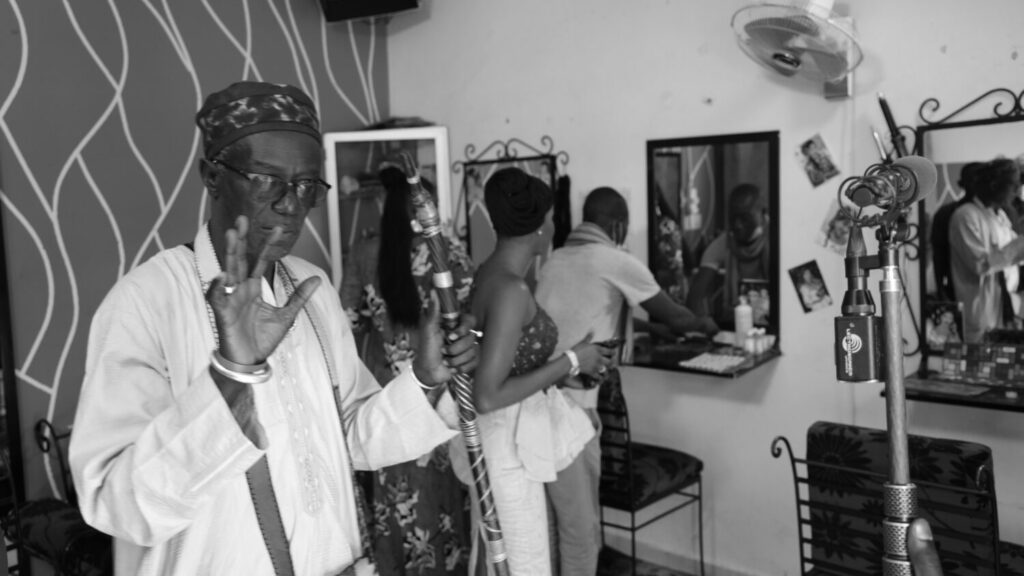Selected Titles
program description
Our Selected Titles program presents a carefully curated selection of historical works, cinematic classics, and contemporary films. As a platform dedicated to the cinema of the Global Majority, we recognize the importance of avoiding an oversimplified North-South binary when engaging with colonial dynamics and the romanticization of the Global South.
Many of the films in this program challenge the assumption that moving beyond the Western canon inherently transcends colonial frameworks. Instead, they reveal how imperial and colonial legacies persist, perpetuated by nation-states against minoritized groups, including women and working-class communities, within the Global South.
While most films align with this thematic focus, some have been included as a courtesy to filmmakers who have requested a platform for their work on Cinelogue.
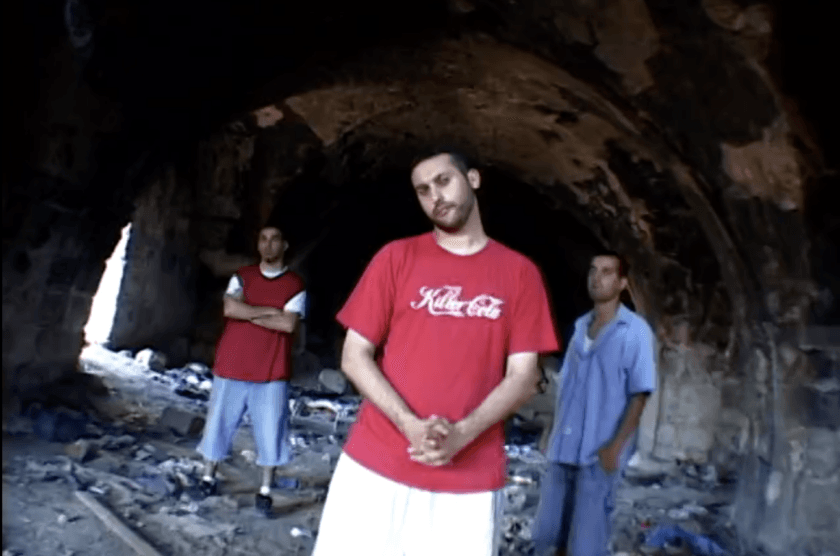
Palestine, 2008, 1h 23m
Slingshot Hip Hop documents the emergence and evolution of Palestinian Hip Hop, weaving together the narratives of resilient young artists navigating life in Gaza, the West Bank, and Palestine 48.
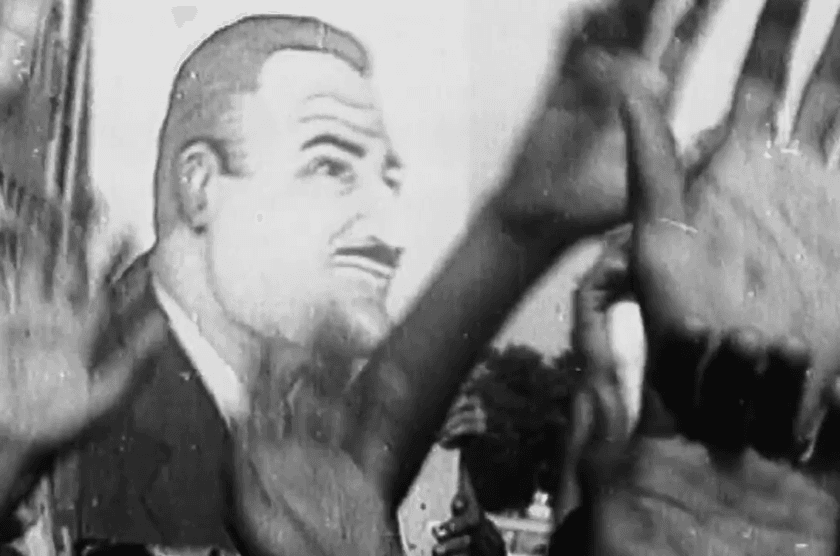
France / South Africa, 2015, 1h 37m
Beginning in 1952, with the resistance against the British Occupation, the film follows the rise to power of Egypt’s iconic leader Gamal Abdul Nasser.
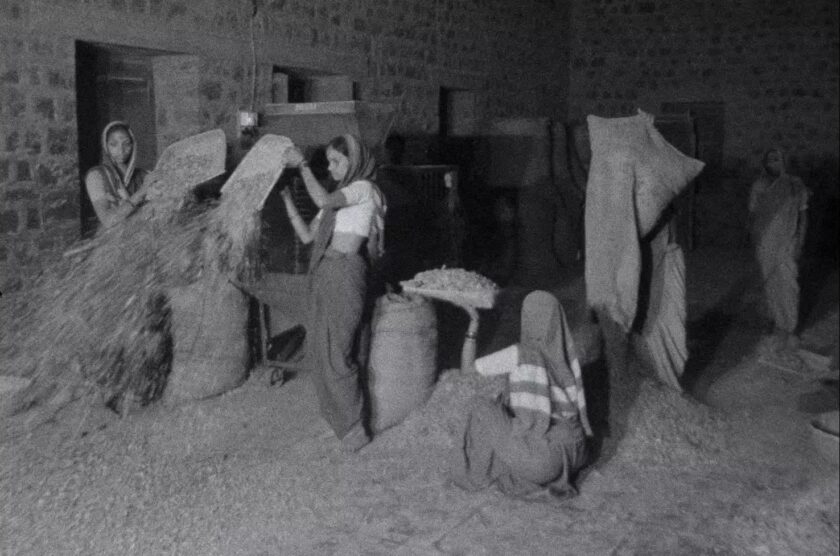
India, 1982, 25m
Tambaku Chaakila Oob Aali traces the history and strike actions of the all women trade union of over 3000 tobacco workers in Nipani (Karnataka). It was made in collaboration with female tobacco factory workers.
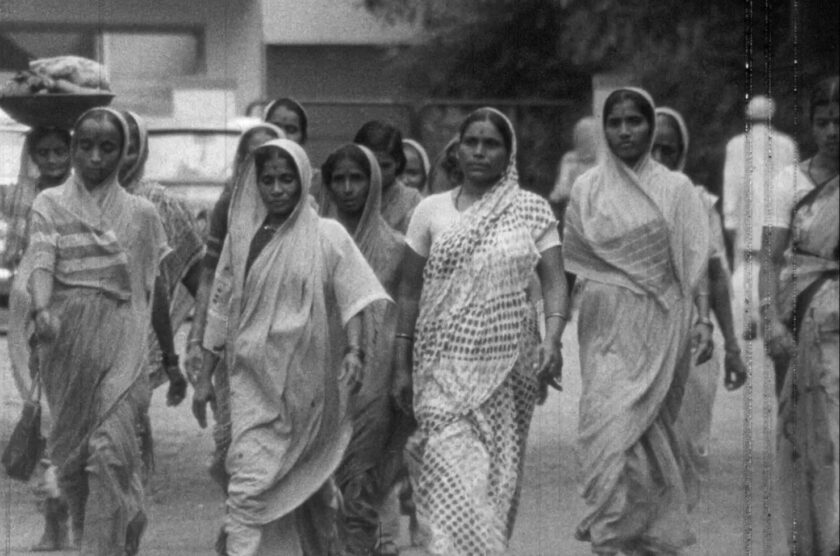
India, 1981, 25m
Molkarin exposes the oppressive working conditions of thousands of domestic workers in Pune. Through re-enactments of significant moments of the original process of unionising, the film narrates the coming together of women workers and union activists to form the Pune Shahar Molkarin Sanghatana (Pune City Domestic Workers Union) to fight for their rights.

Canada, 2021, 13m
When a young Tamil-Canadian woman comes face to face with another version of herself as a paramilitary fighter for the Tamil Tigers -- her sense of western privilege collides with the reality of her ancestors.
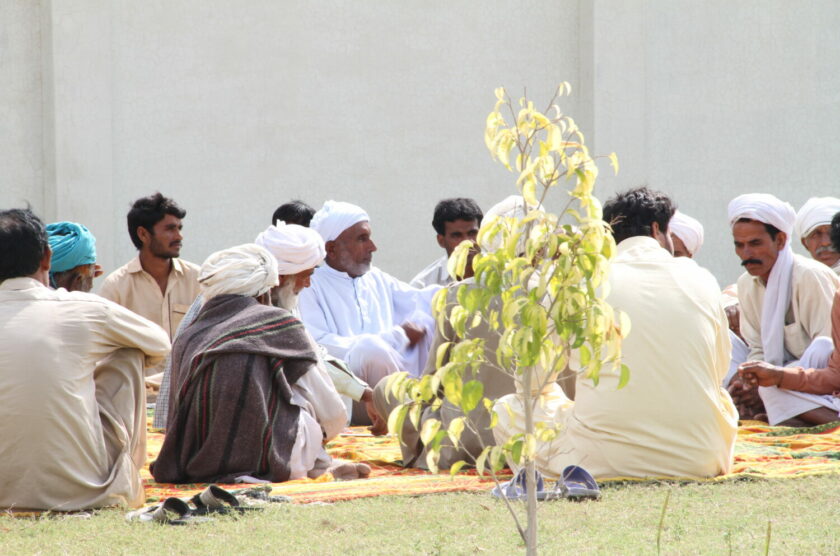
Pakistan / Germany, 2018, 20m
The true story of a rural community's resistance to the building of a coal power plant in Pakistani Punjab, Lok Sath is an experimental short featuring stills, video footage, abstract art and exquisite animations by Iranian artist and filmmaker Neda Ahmadi.
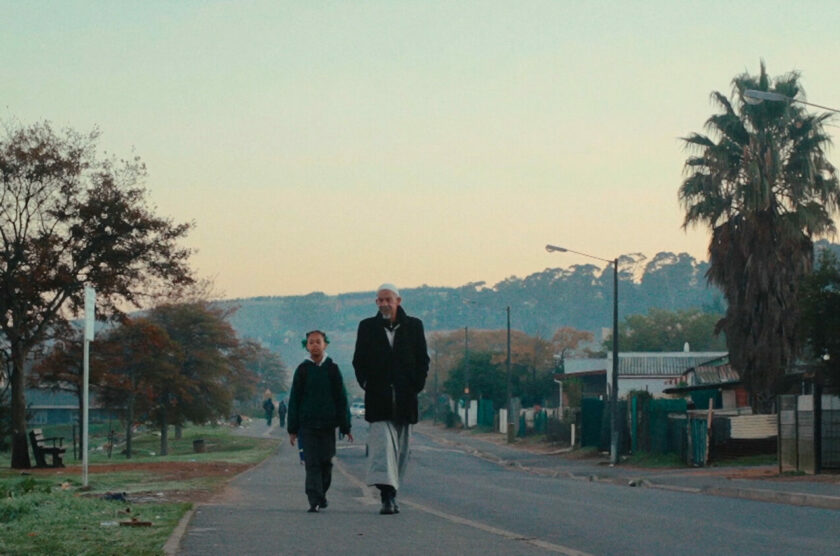
Ecuador / South Africa, 2023, 29m
What the Soil Remembers examines the trauma of a community uprooted during the Apartheid regime, making way for an educational institution that would become synonymous with the foundation of white supremacist ideologies.
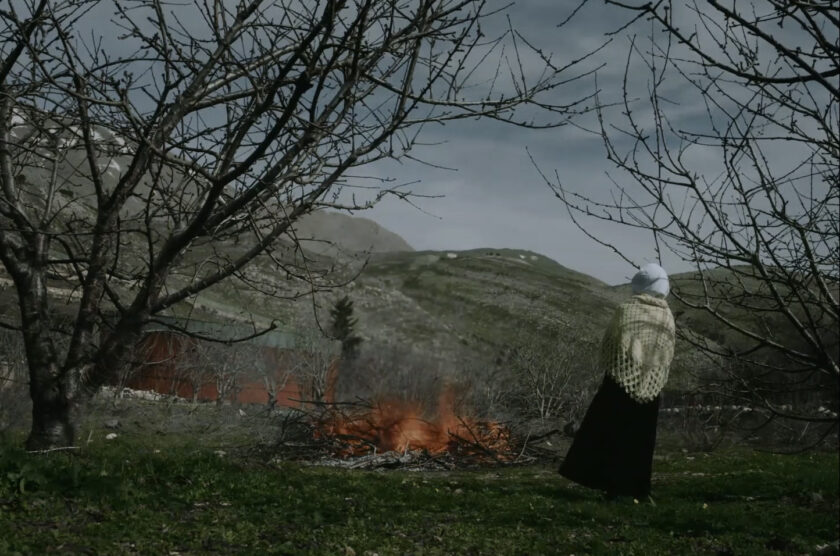
Occupied Golan Heights / Syria / Palestine, 2015, 21m
Between Two Deaths tells the story of a peasant couple from Majdal Shams in the occupied Golan Heights as they navigate their lives amidst ongoing conflict.
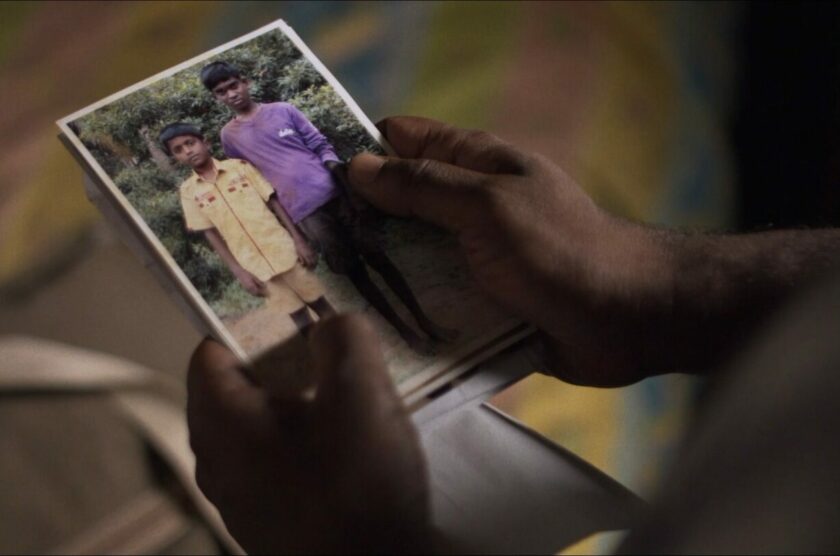
France, Sri Lanka, 2019, 1h 29m
2009, the de-facto state of Tamil Eelam is in chaos. The war between the Liberation Tigers of Tamil Eelam (LTTE), fighting for an independent Tamil state, and the Sinhalese state army has ravaged the island for almost thirty years.
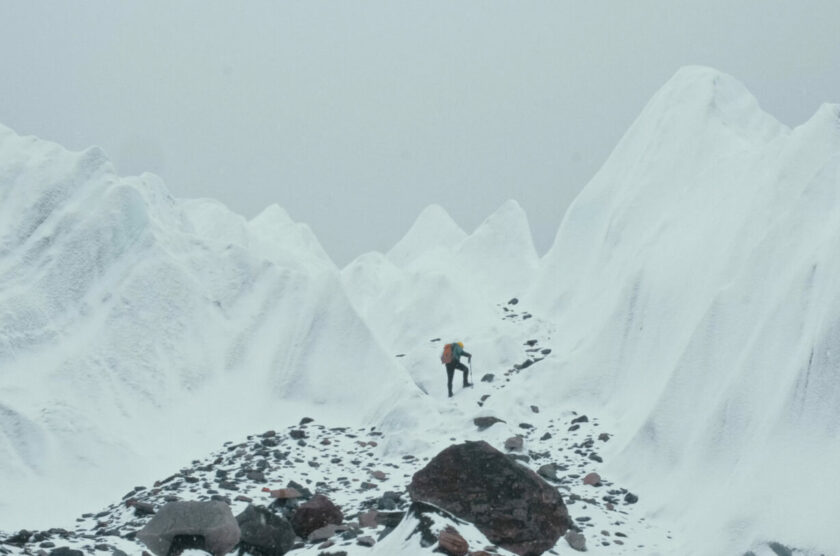
Ecuador, 2023, 1h 30m
Iván Vallejo, the first Ecuadorian to summit Mount Everest, wants to make a film which will commemorate his trajectory. He invites Sebastián Cordero to the project, an Ecuadorian filmmaker who premiered his first film in Venice the same year that Iván achieved his feat.
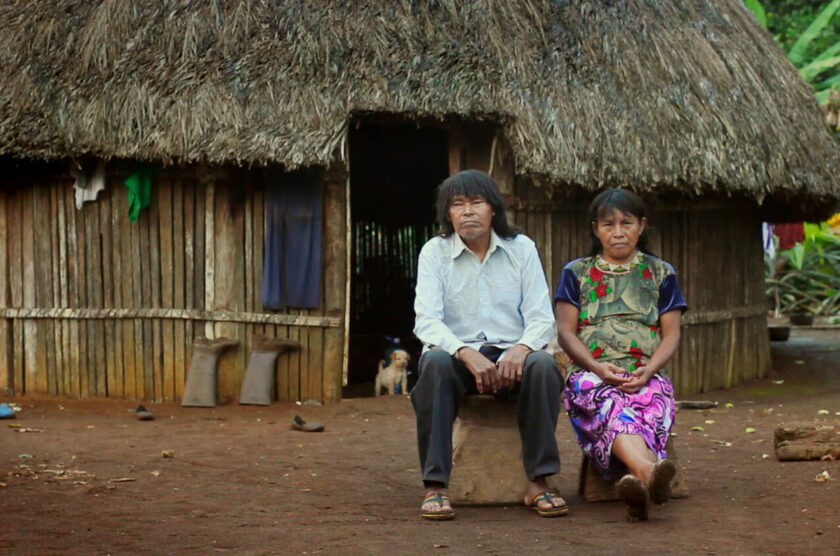
Ecuador, 2020, 1h 31m
An enigmatic presence haunts the depths of the Amazon rainforest, where an indigenous Achuar teenager has disappeared.
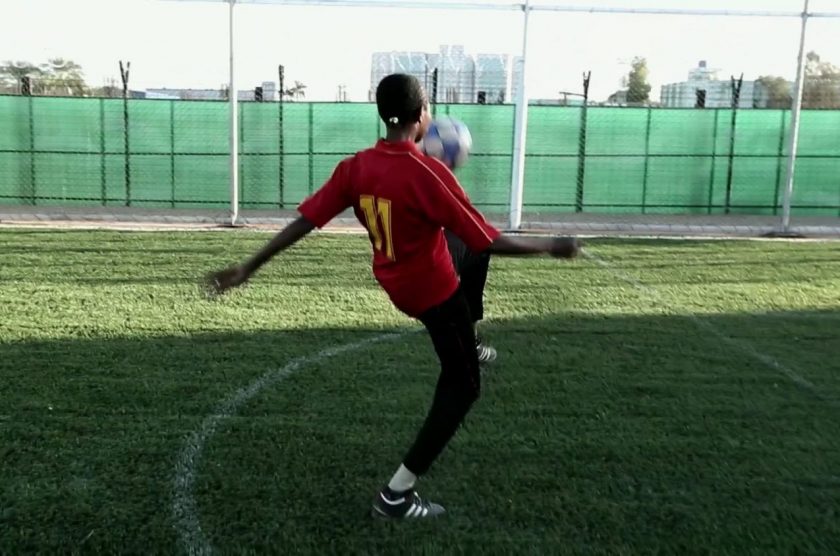
Sudan / Norway / Denmark / France, 2019, 1h 15m
A group of young women in Khartoum are determined to play football professionally, resisting the imposed ban by Sudan’s military dictatorship. Through an intimate documentary portrait, we follow these women over a few years in their courageous struggle to officially establish Sudan's National Women's Football team.
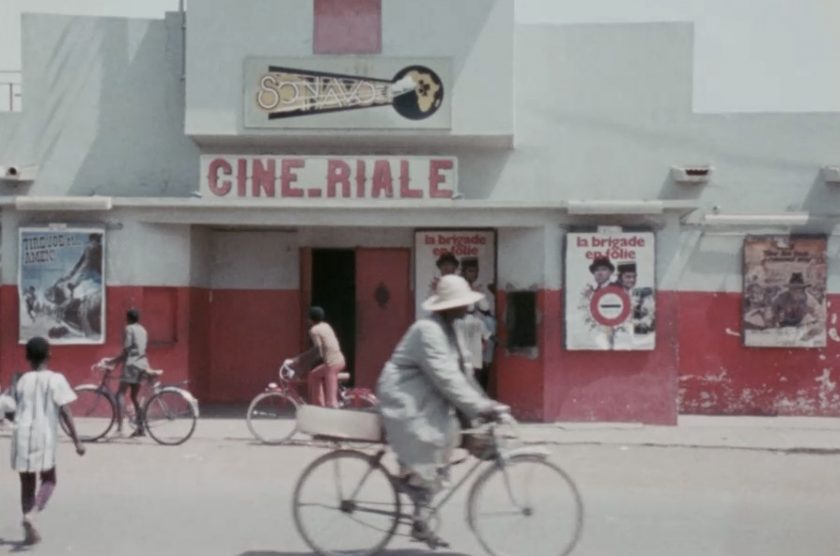
Tunisia, 1983, 1h 35m
In 1983, filmmaker Férid Boughedir took the initiative to look back on the past twenty years of African cinema through interviews with African filmmakers and actors, and excerpts from 18 films. A homage to the history of “postcolonial” African cinema.
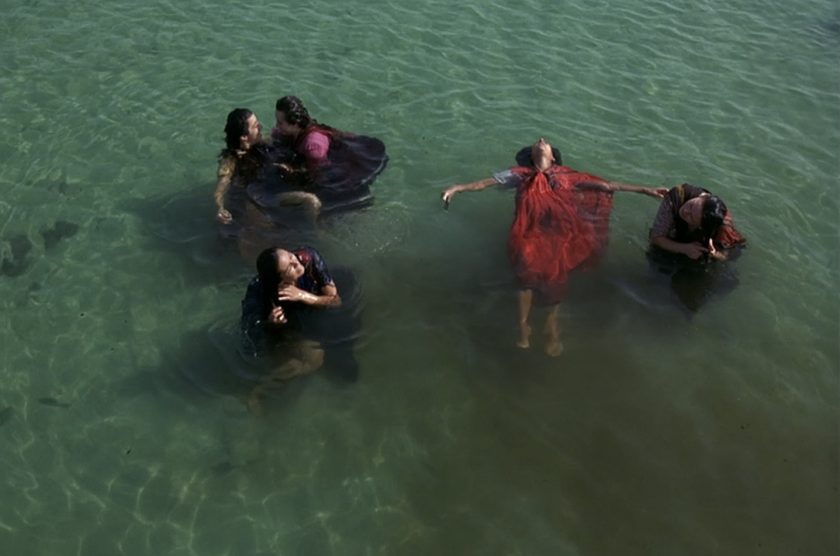
Tunisia, 2000, 2h 2m
As Aïcha (Rabia Ben Abdallah) and her two daughters return to the island of Djerba from Tunis, past and present start to juxtapose, and we observe how the family is at the core of the patriarchal systems. An essential feminist critique.
